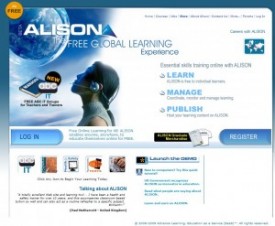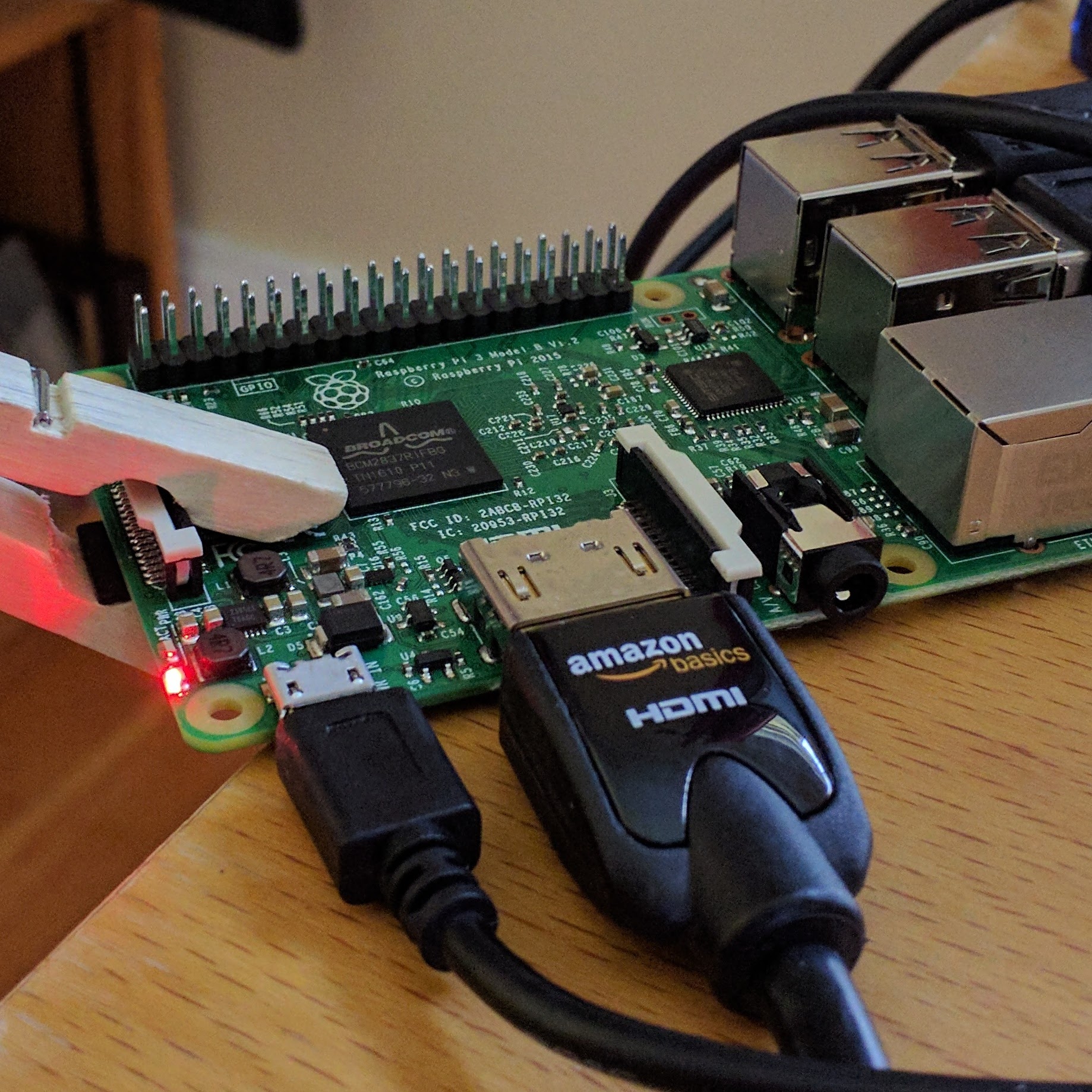in Education, Online Courses, Technology
 How many of us have taken an online course to learn a new language? My guess is, a lot. How many have used the web to find a recipe? Even more. But as handy as those skills are, will they help anybody land a job?
How many of us have taken an online course to learn a new language? My guess is, a lot. How many have used the web to find a recipe? Even more. But as handy as those skills are, will they help anybody land a job?
While unemployment figures hover at just above 8 percent, analysts say that the numbers are much higher for low-skilled workers. Skill-sets are out of sync with the demands of today’s job market and fewer companies than ever offer on-the-job-training for rudimentary workplace skills, like how to use a computer or work in an office environment.
ALISON—an Irish company with an uncatchy longer moniker: Advance Learning Interactive Systems Online—provides free online courses in job-friendly skills. Some are basic but essential—Fundamentals of Google Docsor Touch Type Training. Others are more specialized (Programming in Adobe Flash) and many could be useful for anybody, job seeking or not (Protect Yourself From Identity Theft).
ALISON focuses on the practical, culling free courses from a range of publishers that will upgrade anyone’s employment skills. The site has a million registered users across the globe and is adding 50,000 learners every month. Un- or under-employed people can get help planning their career path with a course that takes from 1-2 hours. The course includes an assessment and a discussion forum.
While many sites offer academic instruction, relatively few offer free workplace skill instruction and ALISON selects courses for their quality and interactivity. The site is so robust and straight-forward that government workplace centers in 18 states use it as a tool to help clients beef up their resume skills.
Of the 400 available courses, the most popular is also one of the most comprehensive. ABC IT is a 15-20 hour comprehensive introduction to IT literacy. It integrates basic concepts of computing, Microsoft Office applications and touch type training, as well as big-picture discussion of how computing can be an everyday feature of life and work.
The site itself serves as an example of computing as a tool for social change. “We believe that all certifiable or standards-based learning for every subject can be made available for free online,” ALISON founders write on the site. “We also believe that Article 26 of the United Nations Universal Declaration of Human Rights which states ‘Everyone has the right to education. Education shall be free . . .’ will, through ALISON, become a reality.”
As always, when you’re done visiting ALISON’s catalogue, don’t forget to spend time with our big collection of 500 Free Online Courses from great universities. There’s no shortage of career-enhancing courses here, including a long list of classes dedicated to IT and computer science.
Via the New York Times.
Kate Rix is an Oakland based freelance writer. See more of her work atkaterixwriter.com



